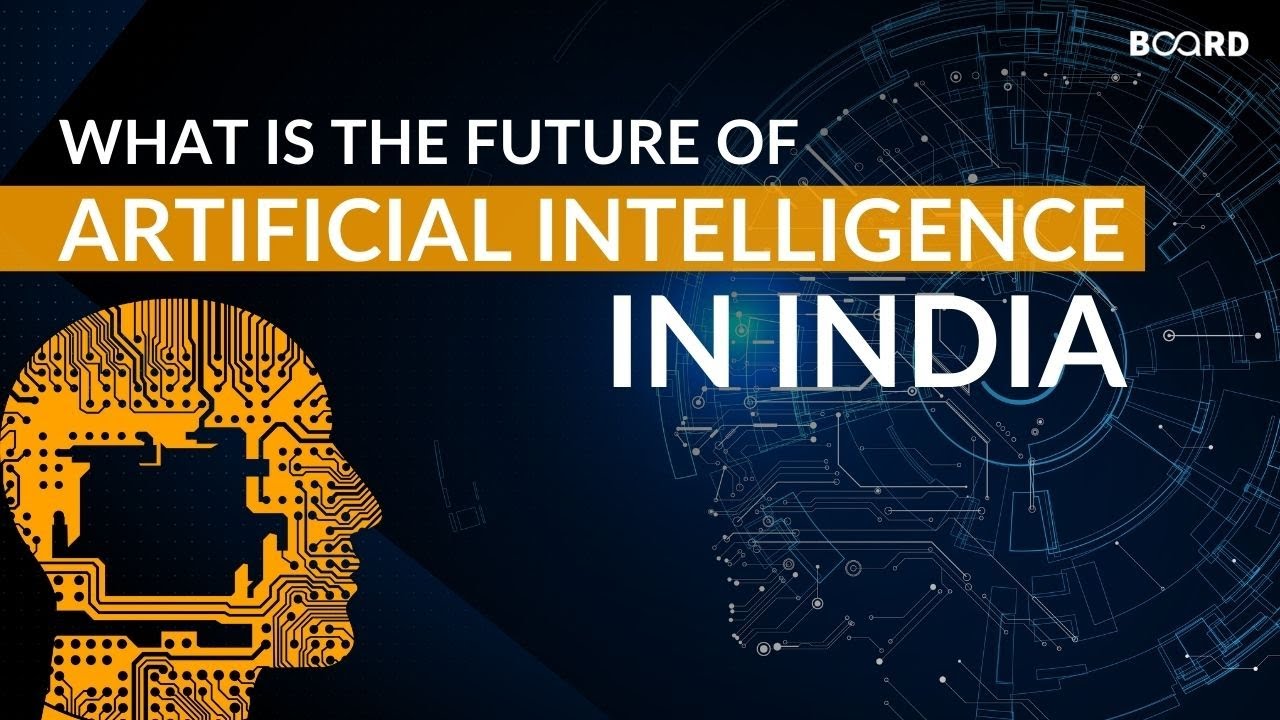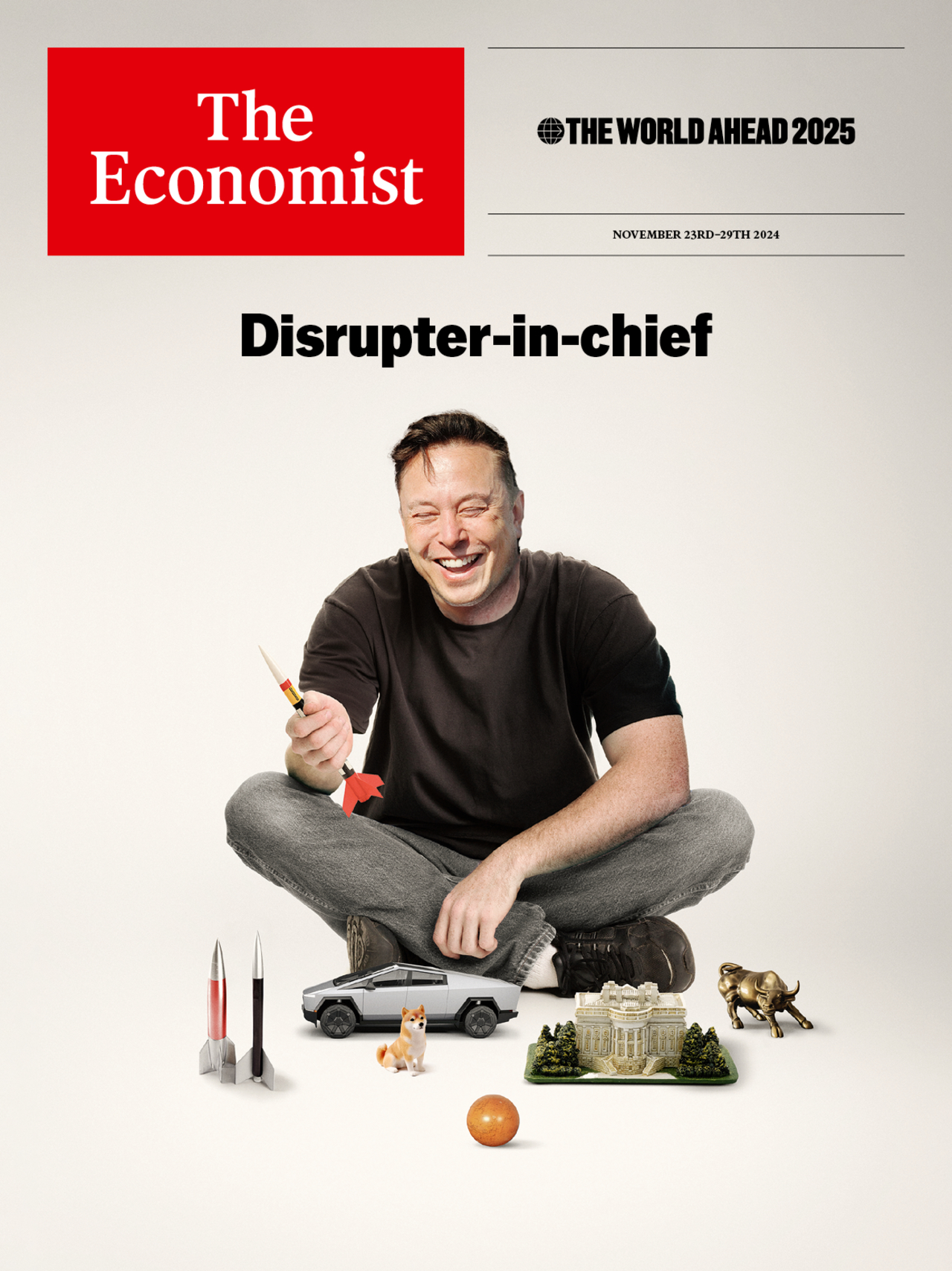
OpenAI Champions India’s AI App Development Initiative
In an exciting development for the Indian tech scene, OpenAI has officially pledged its support to the India AI Mission, specifically the App Development Initiative (ADI). This initiative aims to fuel the creation of AI applications across various critical sectors in the country, addressing pressing challenges faced by central ministries, state departments, and other key institutions.
OpenAI reinforces its commitment to India’s tech ecosystem.
Srinivas Narayanan, OpenAI’s Vice President, spoke at the recent Global India AI Summit held in Delhi, emphasizing the company’s commitment to fostering innovation. He highlighted how India’s dynamic entrepreneurial ecosystem is uniquely positioned to leverage AI technology effectively. Narayanan stated, “Entrepreneurs understand market gaps. They are building innovative products, and tools like ChatGPT are helping them accelerate this in completely new ways.”
This statement underscores the transformative power of AI in enhancing the capabilities of Indian developers. It’s no secret that technology has become a significant catalyst for change, and in India, this is particularly evident. The melding of entrepreneurship with cutting-edge technology is paving the way for groundbreaking applications that can significantly enhance productivity across various industries.
The Significance of Language and Cost in AI Development
Narayanan pointed to two critical factors that OpenAI is focusing on — language and cost. The rich linguistic diversity in India presents both challenges and opportunities in AI development. As he noted, “Language is obviously on top of the mind for us, and cost. These are the two pieces of feedback we’ve received from the community over the past year.”
To address these concerns, OpenAI has made substantial enhancements in its GPT-4 model, which can now process Indian languages more effectively. The advancements in tokenization employed in this model significantly reduce the number of tokens required for processing, thereby optimizing the AI’s performance in understanding diverse languages.
Improved tokenization unlocks the potential of AI in India.
Tokenization, the process of breaking down text into manageable pieces, is crucial for developing a model that can grasp the nuances of different languages and dialects. This improved understanding isn’t just about making technology accessible; it’s about empowering developers to create more relevant applications that resonate with local users.
Fostering an Ecosystem of Innovation
The ADI serves as a key pillar of the India AI Mission, aimed at fostering a robust ecosystem for innovation. By enabling developers to access and build upon OpenAI’s models, the initiative strives to deliver substantial social benefits. This kind of strategic collaboration between government initiatives and tech giants is paramount in today’s landscape, where the rapid pace of change demands agile solutions.
As I reflect on these developments, I feel a mix of excitement and optimism. Having witnessed firsthand the challenges faced by startups in India, I’m encouraged by how tools like ChatGPT are not just theoretical constructs but real assets that can help entrepreneurs expedite their journeys. This sentiment was echoed during the summit, where the collective vision for a tech-enabled future was palpable.
Conclusions and Future Prospects
The collaboration between OpenAI and Indian developers is a potent reminder of the potential that lies at the intersection of technology and entrepreneurship. The upcoming challenges will no doubt be intricate, but with initiatives like the ADI, there is a framework for creative problem-solving that could lead to significant advancements in various sectors, from healthcare to education.
As we navigate this new landscape powered by AI, I am hopeful that this partnership will not only bring innovations to the forefront but will also cater to the unique needs of the Indian population. With a focus on inclusivity and accessibility, the trajectory of AI in India could serve as a model for other countries looking to harness similar technologies.
Ultimately, the influence of OpenAI’s support for the India AI Mission encapsulates a broader trend where technology is becoming increasingly intertwined with social progress. Together, we can look forward to a future where AI not only enhances productivity but also improves the quality of life for countless individuals across the nation.
 Envisioning a bright future for AI in India.
Envisioning a bright future for AI in India.
For more insights on the ongoing developments in AI and technology in India, you might want to check out the following articles: AI applied for practical use in daily life and India ‘considering deal’ with Nvidia to get GPUs for national AI mission.















